Rooftop solar keeps setting records in the US. While there’s a lot of it in states known for the sun, like California, Arizona and Florida, states along the East Coast rank high too. New York and New Jersey are in the top five states for total residential solar installed.
Energy tends to be more expensive on the East Coast than elsewhere in the country, especially once you head south of New Jersey. Still, there are hundreds of thousands of solar installations up and down the seaboard, with nearly 200,000 completed in Florida alone.
The region has pockets that aren’t so friendly to solar by comparison with others, but the foundations are there with net metering and federal tax credits available in all states.
Even in areas that have fewer solar incentives, it’s possible to save in the long run by installing solar — both in terms of your checking account and reducing your environmental footprint. Here are some of the best solar installation companies operating along the East Coast.
Best national solar panel companies on the East Coast
The best solar company for you is the one that fits your needs. Since each home’s energy needs, usage and roof are different, your best option might vary from someone else in your state. Here are some of CNET’s highest rated national solar companies, but always get multiple quotes before signing a contract.
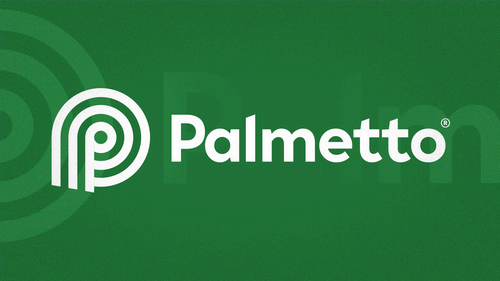
Palmetto Solar
Solar panels are typically low maintenance equipment, but they’re also unfamiliar. If you want to reap the benefits of solar but will have a bit more peace of mind if someone else is making sure it’s working, Palmetto might be a good fit for you. Just remember to add the cost of Palmetto’s monitoring service in to your payback period calculations.
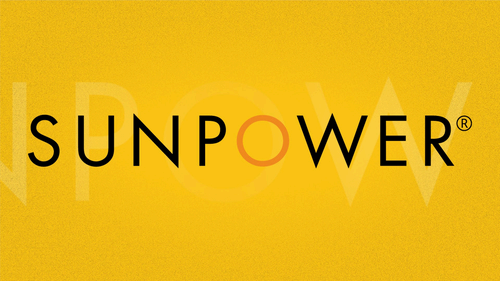
SunPower Solar
If you’re looking for top-of-the-line solar panels, SunPower is your best choice. But don’t write it off if you’re looking for a less flashy installation that will get the job done. This year it started installing Qcells panels, which should make an installation from the longest-tenured company on our list available to more people.
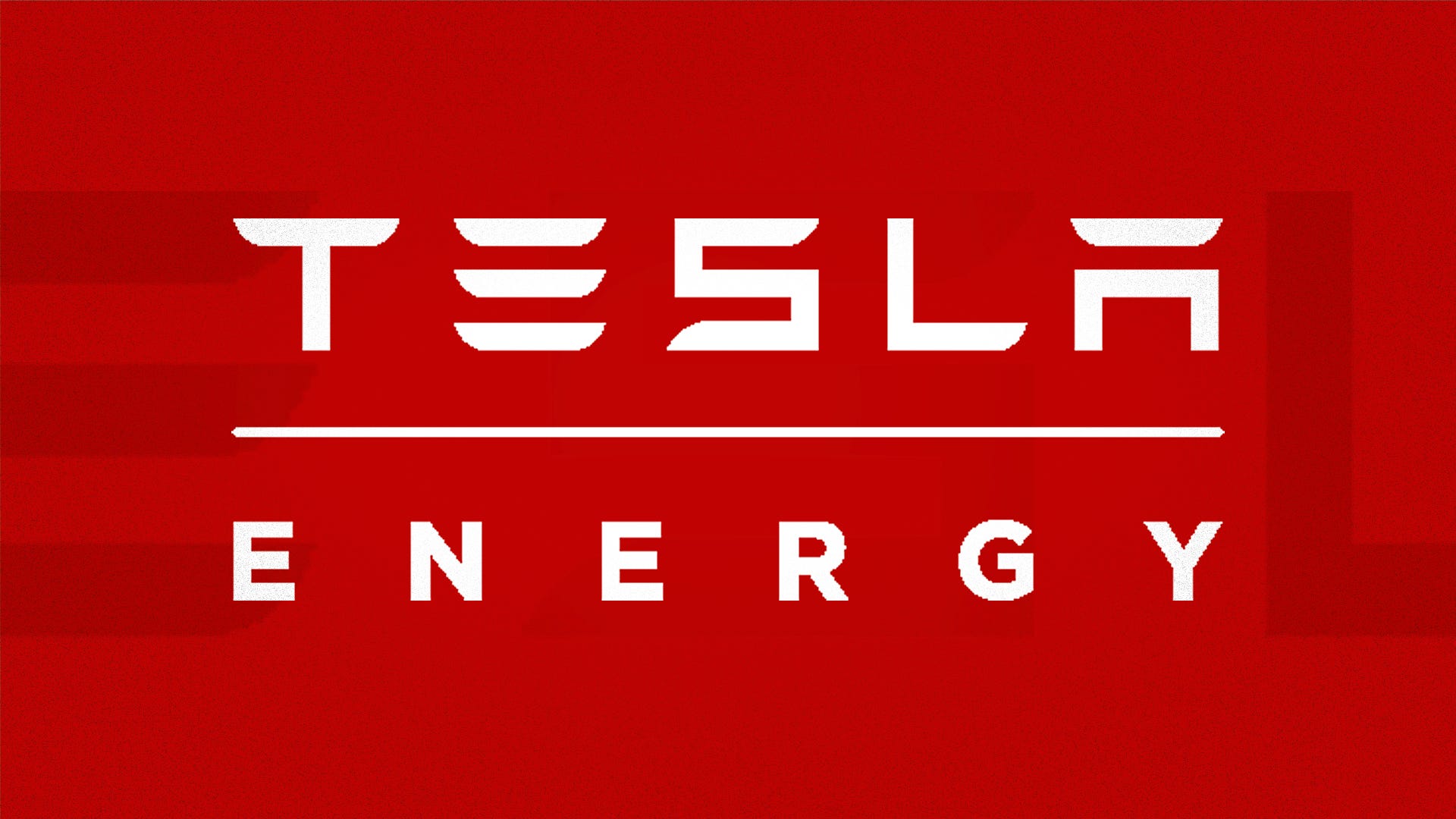
Tesla Solar
Tesla’s solar branch seems to be the least loved of Elon Musk’s ventures. Even Tesla’s Solar Roof seems to get more love.
If price is the thing you won’t budge on, consider Tesla. By all accounts, Tesla installs quality panels and makes the closest thing there is to a household name in solar storage: the Powerwall.
Where you might miss out is customer service. Discussion online seems to suggest Tesla’s service is a bit of a gamble.
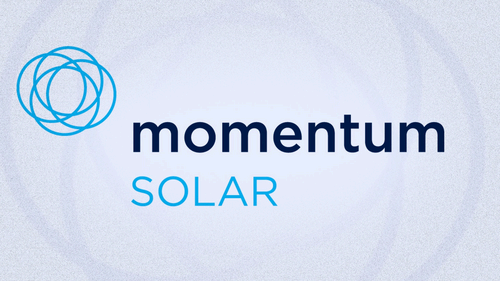
Momentum
Momentum installs in 11 states without using subcontractors. While using in-house installers doesn’t guarantee a better experience, it does suggest you’re likely to get a more uniform experience from Momentum. The fact that Momentum backs its installations with a 25-year workmanship warranty hints at a strong belief in its crews’ ability. If Momentum is part of your search, consider the warranties against leaks that other companies offer. Momentum’s is five years, which isn’t the best.
Local and regional East Coast solar companies
National companies aren’t the only options on the East Coast.
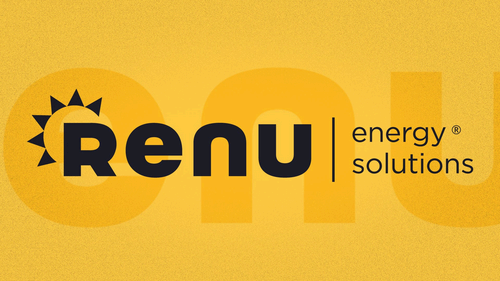
Renu Energy Solutions
If you live in the Carolinas, Renu offers equipment from well-respected manufacturers and has indicators that its customers are, overall, quite happy. Some of it’s warranties — 10 years on workmanship and 5 years against leaks — are a bit shorter than others in the industry, where they can reach twice as long. Customers gave it an average rating of 4.79 out of five at the Better Business Bureau, which is higher than most companies on the list.
How to choose the best solar panel company for me
Since the passage of the Inflation Reduction Act in 2022 and with the decade-long extension of the federal renewable energy tax credit, the solar business has been booming. Installers have been scrambling to keep up with demand, and we’ve been hearing increasingly that customer service is sometimes getting lost in that shuffle.
This means that doing your research and due diligence is very important right now to avoid wasted time and frustration down the road. CNET’s reviews are a good place to start, but it’s not enough. Keep in mind that we don’t test equipment directly for solar systems or go through the ordering and installation process with any solar companies.
You can do research online yourself. We find online reviews to be uneven in reliability, but trusted sources like the Better Business Bureau can help you spot negative trends in reviews with certain companies.
Also talk to local installers, friends, colleagues and anyone else with exposure to the industry in your area. Most importantly, get multiple quotes from trusted installers before making any decision or signing a contract. Keep an eye out for scams and deals that sound too good to be true.
Average East Coast solar panel costs
A complete solar installation cost $3.28 per watt on average nationwide in the first quarter of 2023, according to consulting firm Wood Mackenzie (PDF). The Lawrence Berkeley National Laboratory found the cost of a typical 8.6-kilowatt residential system was $31,558 to install before incentives, or $3.67 per watt.
All along the East Coast the cost of solar is below the national average, except in Georgia, according to data from FindEnergy.com.
| System size (kW) | Price per watt | Installed cost | |
| Delaware | 8 | $3.09 | $24,720 |
| Florida | 9 | $3.21 | $28,890 |
| Georgia | 9 | $3.74 | $33,660 |
| Maryland | 8 | $3.54 | $28,320 |
| New Jersey | 6 | $3.53 | $21,180 |
| New York | 6 | $3.65 | $21,900 |
| North Carolina | 9 | $3.51 | $31,590 |
| Pennsylvania | 8 | $3.55 | $28,400 |
| South Carolina | 9 | $3.45 | $31,050 |
| Virginia | 9 | $3.59 | $32,310 |
| West Virginia | 5 | $3.39 | $16,950 |
| Nationwide | 8.6 | $3.67 | $31,558 |
The average total cash price, cost per watt and system size for a solar panel system in your east coast state can be found on the infographic below. All data shown is pulled from FindEnergy.com. Prices shown on the map don’t factor in tax credits or state incentives. Certain states don’t have any FindEnergy solar data and are grayed out on the map.
How to pay for solar panels on the East Coast
A solar power system is a significant expense, but the industry has grown so much in the past two decades that an entire ancillary market of ways to pay for going solar has sprung up, giving homeowners a handful of major options.
Cash: Paying for a solar system right now with a heap of cash is always preferable to installers, but today is also the best time in years to start saving up some cash for when you’re ready. Juicy interest rates are currently available in numerous high yield savings accounts.
Solar loan: There are a number of financial products and even entire institutions geared toward financing solar systems. Ask local installers, banks and credit unions what they offer in terms of solar.
Other types of loans: There are also plenty of other organizations out there happy to loan you money that don’t specialize in solar, whether it’s in the form of a personal loan, home equity loan or home equity line of credit (HELOC).
Lease or power purchase agreement: There are even options for putting solar panels on your roof for people who don’t really want the commitment of installing an expensive and potentially complicated system. Solar leases are available that function much like a car lease, or you can structure a power purchase agreement in which an installer or utility puts panels on your home, but retains ownership of the system and then sells you the power from that system at a desirable rate. One downside here is that these do still entail some level of contractual commitment that can be difficult to get out of early if you need to move.
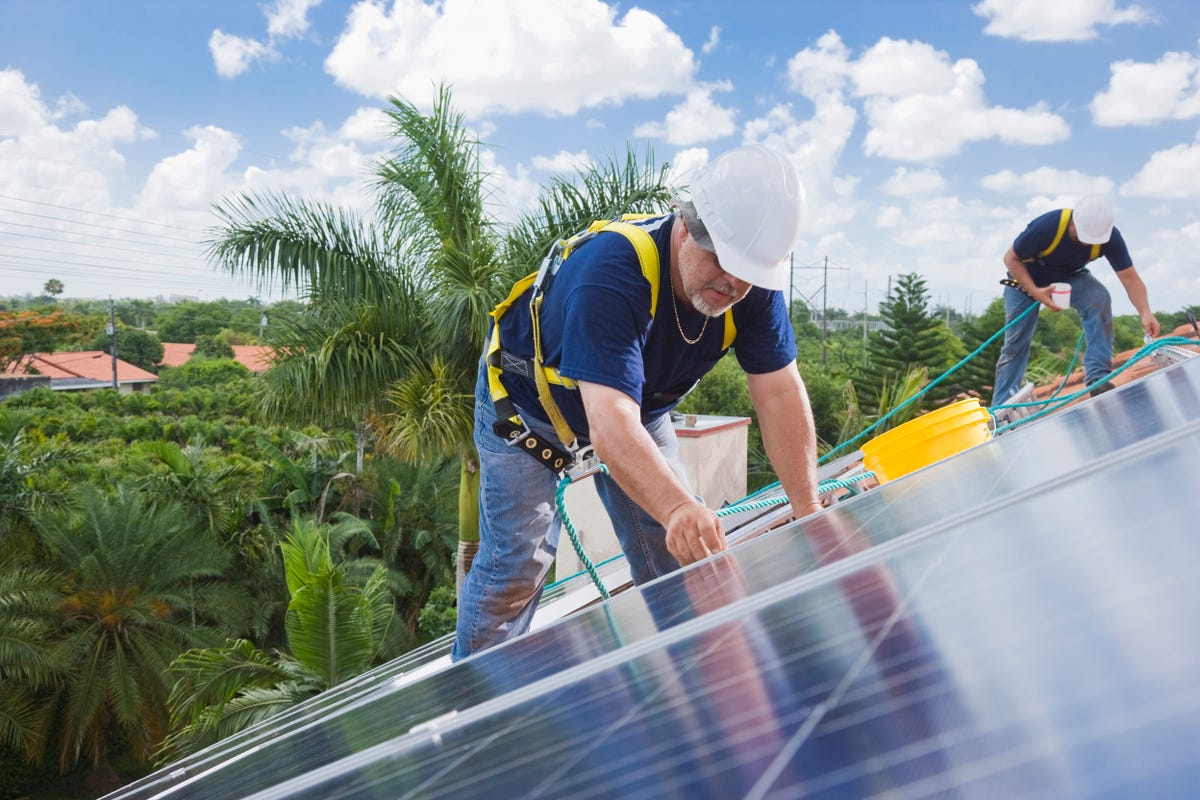
In Florida, net metering has been at the center of some political drama.
East Coast solar panel incentives and rebates
The range of available incentives for going solar varies quite a bit from state to state, especially on the East Coast. States like New York offer fairly generous tax credits and other compensation (while being less so when it comes to net metering) while some, like West Virginia, do little in the way of offering enticements of their own.
The good news is that all states covered in this guide offer some level of net metering, and homeowners in all states are eligible to receive the federal renewable energy tax credit of 30% on new solar installations. That’s a pretty good baseline of incentives to justify going solar; consider any other extras from your state or other local institution to be dessert.
The Sunshine State of Florida stays true to its name by offering quite a number of different incentives and financing options, several of them through local governments.
Jill Kysor, senior attorney and lead of the Southern Environmental Law Center’s Solar Initiative, said that incentives in other southeastern states tend to be pretty slim, although introducing rebate programs and net metering revealed lots of pent-up demand for solar in the Carolinas and Georgia.
She also noted that large amounts of solar panels are produced domestically in the region, especially Georgia: “Wouldn’t it be wonderful if we had stable and fair policies on the rooftop solar front available in Georgia where then folks could lean on local panels and really build out and keep some of that wealth in the state.”
The solar potential of the East Coast
Not surprisingly, you’ll find more sun on the East Coast the farther south you head, with Florida leading the way. Anywhere on the East Coast still has enough solar potential to justify solar panels, especially with current technology that produces some power even when it’s cloudy.
It’s important to know how much solar energy can be generated from your location because that will help determine how long it will take a solar system to pay for itself in energy savings. This then goes into the math you’ll have to do to decide what sort of financing arrangement works best for you.
Another factor that plays into this calculus is the average cost of electricity in your state. Floridians face some of the highest energy bills in the country, with Virginia and Maryland not far behind. Most East Coast states have rates above the national average, with New York and New Jersey notable exceptions.

Solar panels in West Virginia are less common than in other states.
Installation factors to keep in mind
In addition to running the numbers, there are other basic things to consider before signing any solar contract:
- The condition of your roof: Solar panels are installed for the long term. You don’t want to require a new roof just a few years after having panels put on it and then have to reinstall your solar system. If your current roof is more than a decade old, have it checked out first.
- HOA and neighborhood regulations: Solar installers will typically work with local governments and utilities to get necessary permits for your system, but don’t overlook requirements from local homeowners or neighborhood associations that can cause headaches. Also be aware of any solar rights and easements legislation in your state that may help you make your case.
- Insurance coverage: Adding a solar system to your home is viewed differently by different insurers. Check in with yours to see how it affects your policy and premiums before making a decision.
How we found the best solar panel companies
The companies we listed above as “the best” are curated from CNET’s best solar companies list. Companies making the best list are scored on the equipment, warranties and customer service they offer. Then, we make sure these recommendations are available in your state. You can read a full breakdown of how we review solar companies here.
Companies listed under the local installers were chosen in a less rigorous way. We chose them because they offered something unique or notable to customers in the state, they seemed well-regarded by internet reviewers or because they were one of the few installers we could find information on in the state.
Whether we’ve completed a full review on a company or not, it’s always a good idea to get multiple quotes from different installers before choosing a company.
East Coast solar FAQs
Do solar panels save money?
Generally speaking, yes, but it can take some time to save enough money with solar to pay for the upfront cost of system installation. There are a number of different ways to finance that cost, but monthly energy bills should almost always go down after installing solar.
Net metering allows homeowners to connect their solar system to the electrical grid and be compensated by a local utility for the power they produce with billing credits against their own energy consumption.

